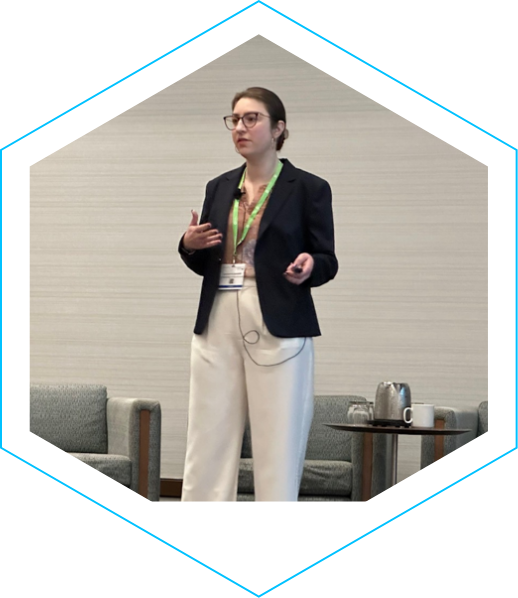
Preclinical Safety Assessment and Mitigation Strategies in Drug Discovery
Event overview
| New Course for 2018 |
The discovery of new therapeutic agents is met with significant challenges in preclinical discovery and development. Both efficacy and safety endpoints must be adequately assessed prior to testing a new investigational agent in humans. Perhaps the most challenging part of drug discovery is the mitigation of safety risks that arise during most drug discovery optimization efforts. Successful drug discovery teams will properly design and execute experiments that can best assess and discharge risks prior to first human dose (FHD), in the context of anticipated human drug exposures.
The discovery of new therapeutic agents is met with significant challenges in preclinical discovery and development. Both efficacy and safety endpoints must be adequately assessed prior to testing a new investigational agent in humans. Perhaps the most challenging part of drug discovery is the mitigation of safety risks that arise during most drug discovery optimization efforts. Successful drug discovery teams will properly design and execute experiments that can best assess and discharge risks prior to first human dose (FHD), in the context of anticipated human drug exposures.
This course begins with a description of the finish line for preclinical drug hunters–the successful filing of an Investigational New Drug (IND) application to regulatory agencies, such as the FDA or EMA. From there, it explores the current best practices and methods used to identify, understand and mitigate common preclinical safety risks from both a strategic and tactical perspective. Importantly, the course also describes proactive approaches that can help scientists avoid many safety issues and deliver safe small molecule drug candidates in the shortest time possible. While the course has a strong emphasis on mitigation strategies achieved through medicinal chemistry, the content describes methods that are valuable to all disciplines within a cross functional drug discovery team.
Course Outline
- Principles of toxicology and safety assessment.
- The Investigational New Drug (IND) application.
- Target assessment, predictive toxicology and in silico methods.
- Preferred drug properties to minimize toxicological risks.
- Common off-target safety concerns and mitigation.
- Managing on-target safety concerns.
- Pharmacokinetics in preclinical safety assessment.
- Drug metabolism and bioactivation.
- Toxicophores and Structure Alerts.
- Mechanisms and mitigation strategies for Drug-Induced Liver Injury (DILI).
- Preclinical safety biomarkers and translation to the clinic.
- Safety assessment and flow scheme design in lead optimization.
- Clinical candidate selection and FHD enablement.
Who Should Attend
Medicinal chemists, toxicologists, biologists, pharmacologists, pharmacokineticists and program managers will all gain valuable insights into modern preclinical safety assessment strategies. The participation of multiple disciplines encourages cross functional learning through interactive team sessions.
What's Included
- Refreshments & lunch daily
- Dinner on the first evening
- The comprehensive Course Manual
- Course Certificate
Preclinical Safety Assessment and Mitigation Strategies in Drug Discovery
Fee info
It was good. Never visited a Scientific Update conference, but will get it on my priority list. Very good – like the set-up, flow and topics. Very interested in process development.
Organic Process Research & Development Conference Delegate 2023
Thank you for the excellent conference. I enjoyed the scientific content and the networking opportunities. I will definitely recommend this conference to my colleagues.
The Formulation and Drug Delivery Congress Delegate
Become a speaker at one of our events
Share your expertise with a global audience of industry professionals. Scientific Update is continually seeking thought leaders and industry innovators to speak at our renowned conferences and training courses.








